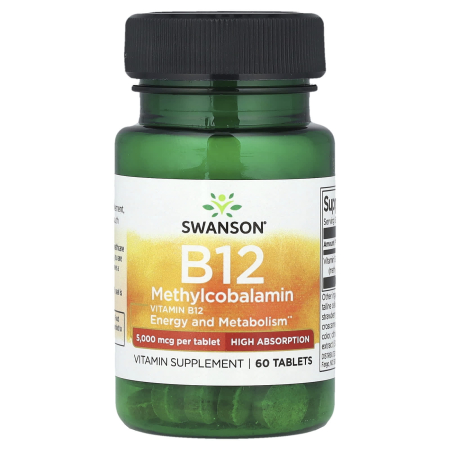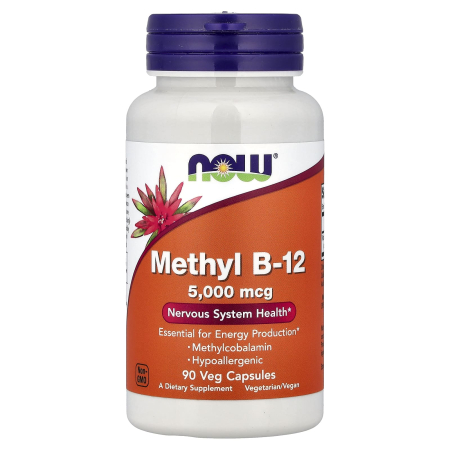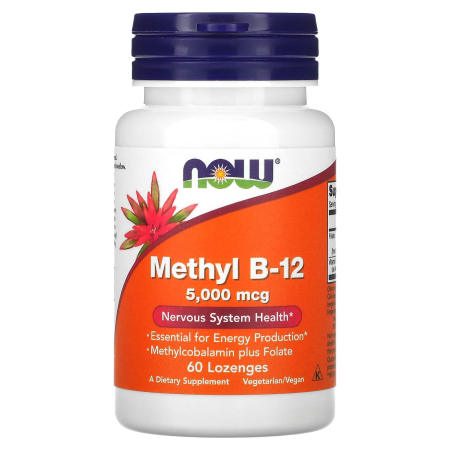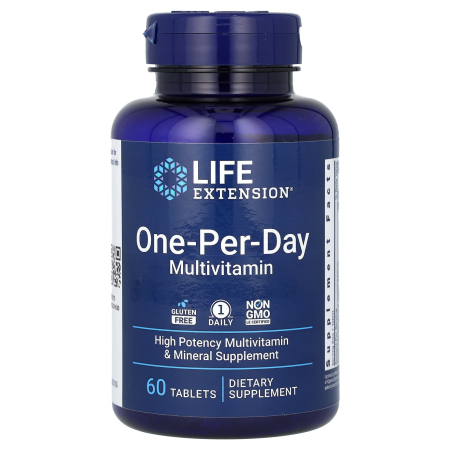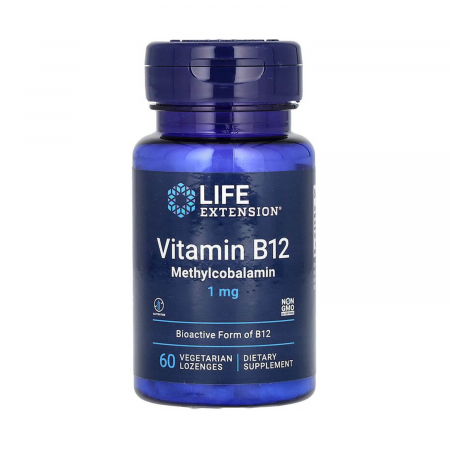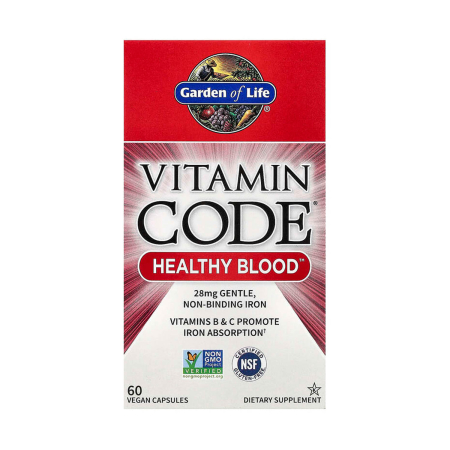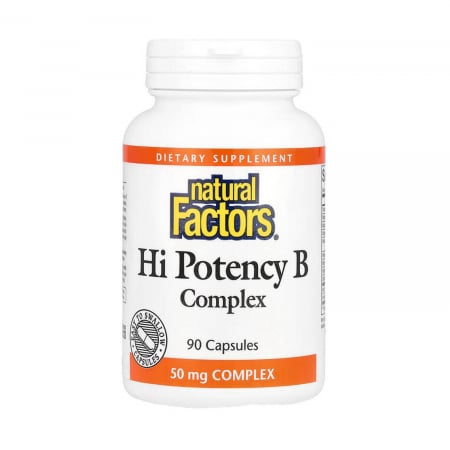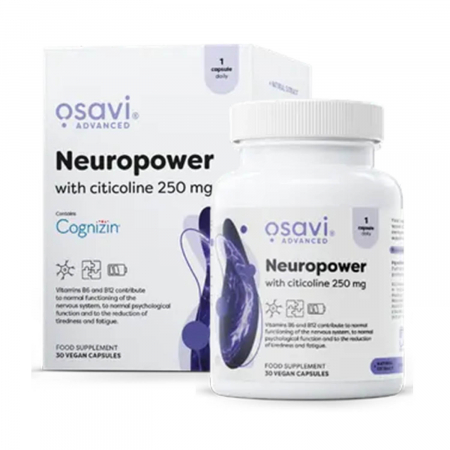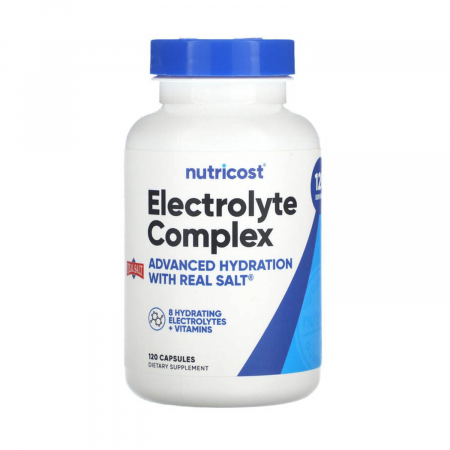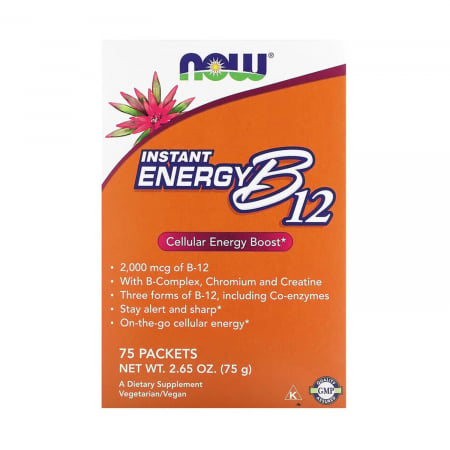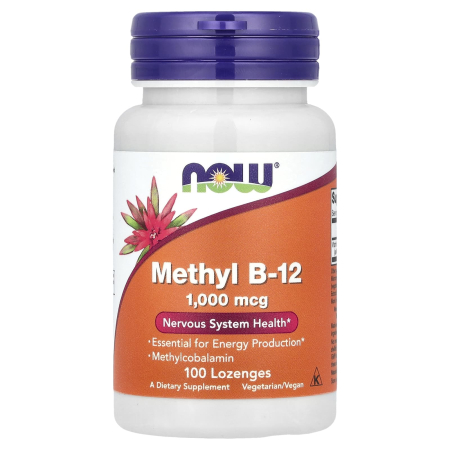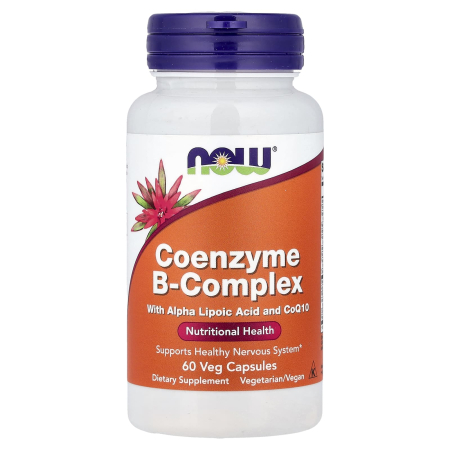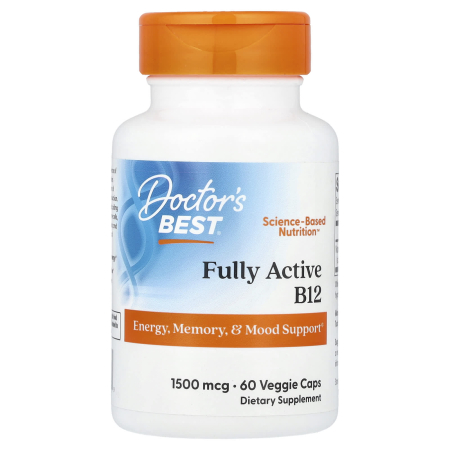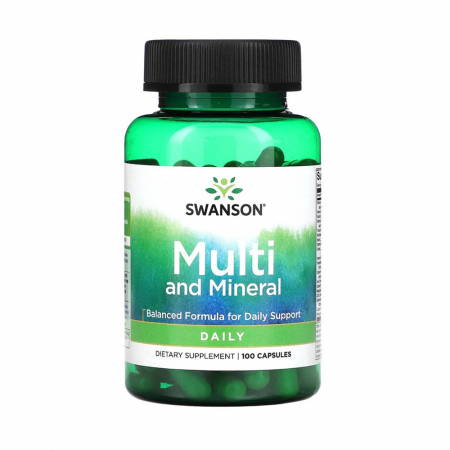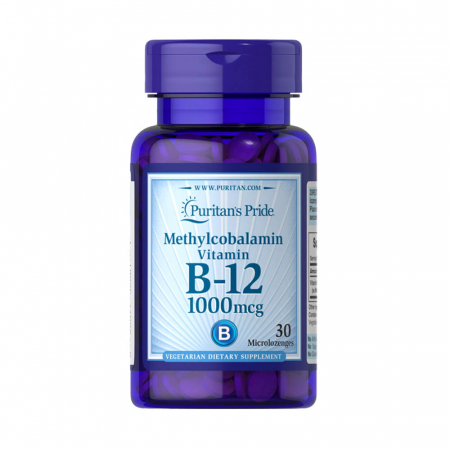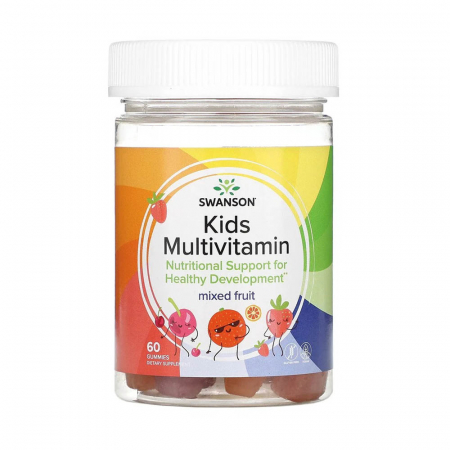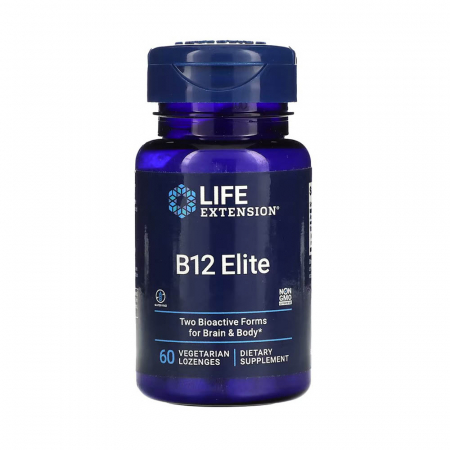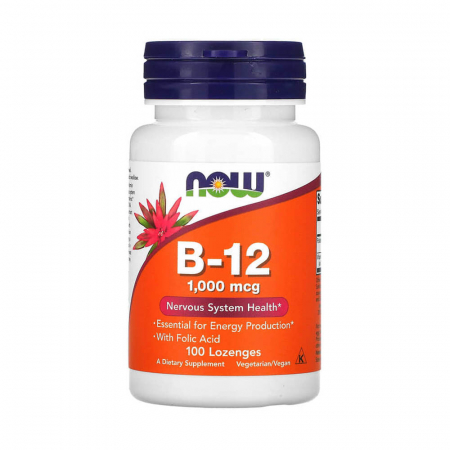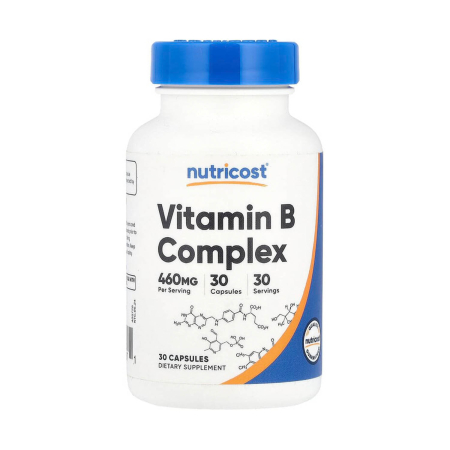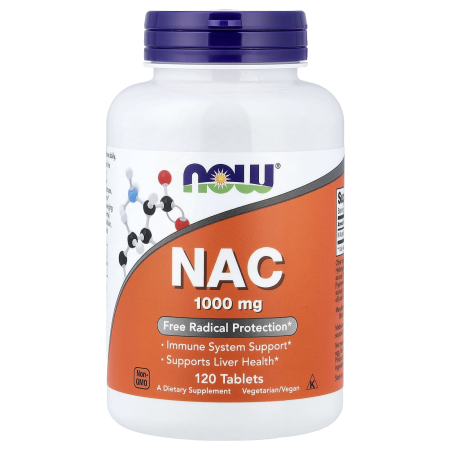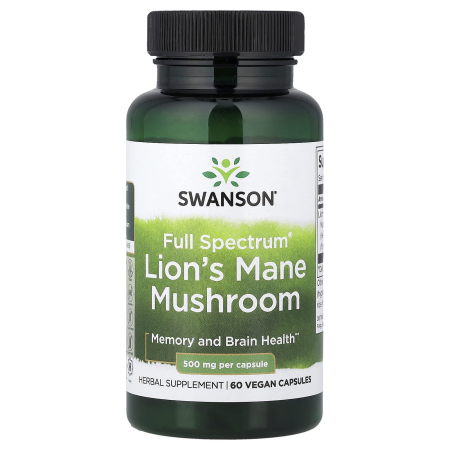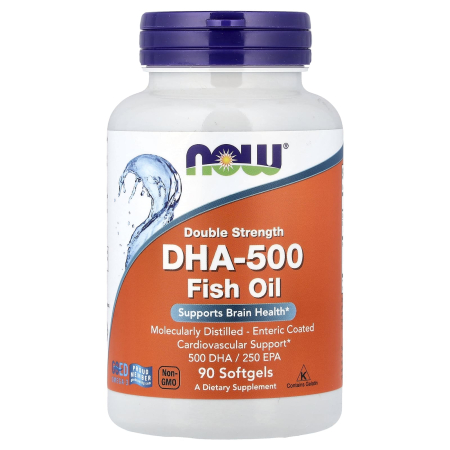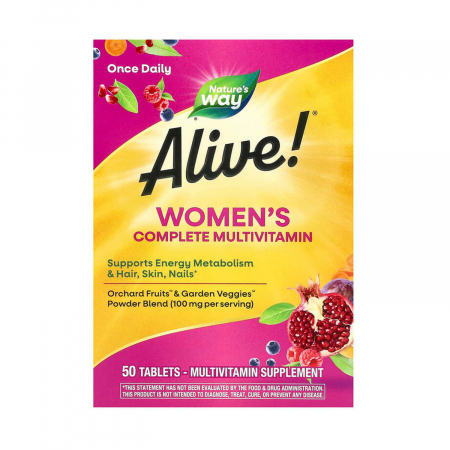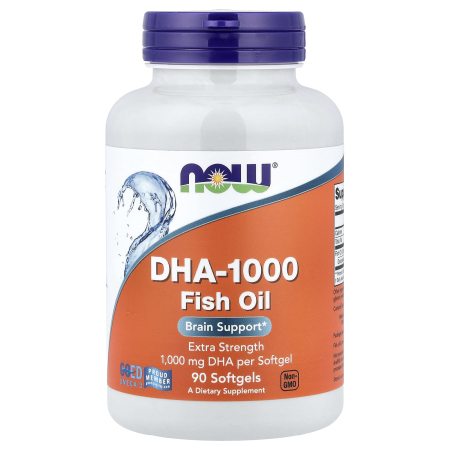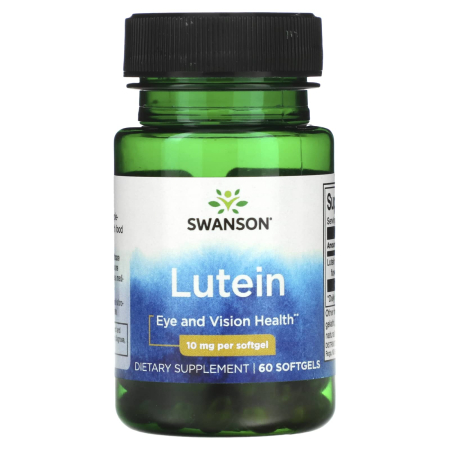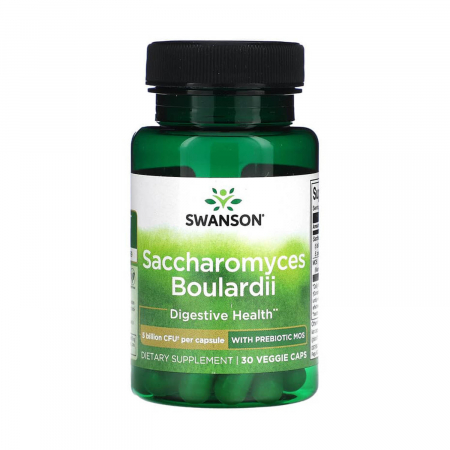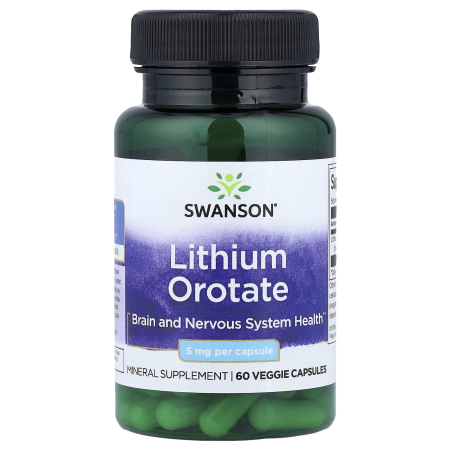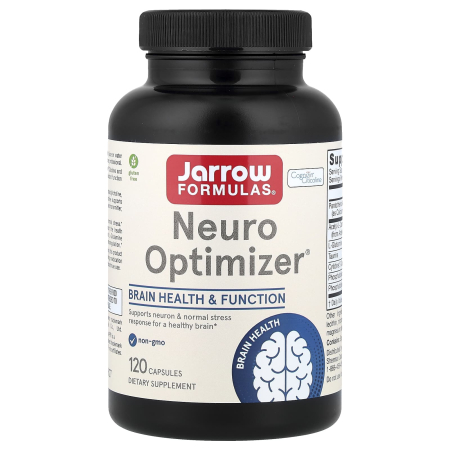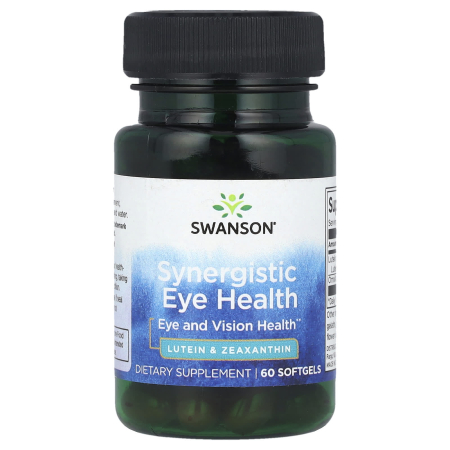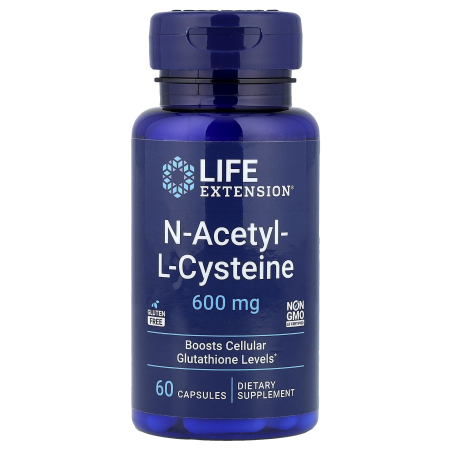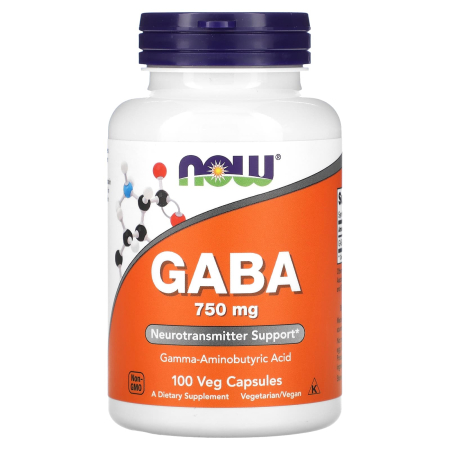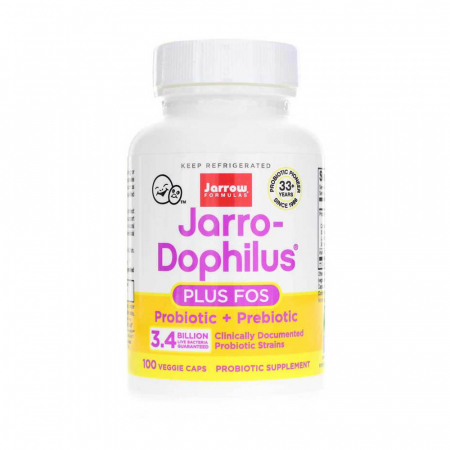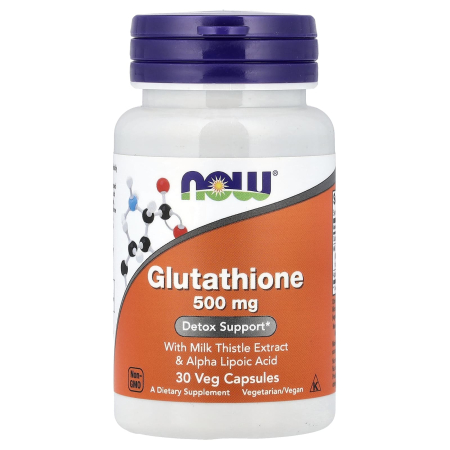Vitamin B12
Display: 1-45 from 45 products
Filters
Now Foods
139,69 RON
from 94,99 RON
Methyl B-12 Methylcobalamin plus Folate, 5000mcg, Now Foods, 60 drajeuri
Jarrow
74,65 RON
from 55,99 RON
Methyl B-12 (Methylcobalamin), 500 mcg, Jarrow Formulas, 100 Chewable Lozenges
Jarrow
298,49 RON
199,99 RON
Methyl B-12 5000 mcg & Methyl Folate, Jarrow Formulas, 60 Chewable Tablets
Doctor's Best
79,34 RON
from 49,99 RON
Fully Active B12 (MethylCobalamin) 1500 mcg, Doctor's Best, 60 capsules
Life Extension
81,95 RON
from 49,99 RON
Vitamin B12 Methylcobalamin, 1000 mcg, Life Extension, 60 Vegetarian Lozenges
Nature's Way
159,71 RON
114,99 RON
B-Stress Formula, Premium Blend, , Nature's Way, 100 Vegan Capsules
Natural Factors
161,52 RON
104,99 RON
BioCoenzymated, Active B Complex, Natural Factors, 60 capsules
Vitamin B12, also known as cobalamin, is an essential vitamin that the body needs but cannot produce. The good news is that it is found naturally in animal products and is also added to certain foods. It can also be taken as an oral supplement or injected.
Vitamin B12 has many important roles in the body. It supports the optimal functioning of nerve cells and helps the formation of red blood cells. In addition, it is essential in DNA synthesis.
For most adults, the recommended daily intake is 2.4 mcg. Exceptions are pregnant or breastfeeding women, as this dose is too high for them. Deficiency occurs when B12 levels are too low. This deficiency can cause irreversible neurological symptoms.
Cobalamin is a real miracle for the body because of its effects. For example, it can increase energy levels, improve memory and help prevent heart disease.
Normally, these cells are small and round. In the case of a cobalamin deficiency, the red blood cells become larger and usually oval. Because of this irregular shape, red blood cells are no longer able to move from the bone marrow into the bloodstream at a normal rate, causing megaloblastic anaemia.
In anaemic people, the body is deprived of enough red blood cells so necessary to carry oxygen to vital organs. Because of this, people end up experiencing symptoms of fatigue and weakness.
A vitamin B12 deficiency in the early stages of pregnancy can cause certain birth defects, such as neural tube defects. In addition, if the pregnant woman suffers from cobalamin deficiency, there is a risk of premature birth or miscarriage.
According to one study, women with B12 levels less than 250 mg/dL were three times more likely to give birth to a child with birth defects than those with normal levels. The situation may be even worse for women with vitamin B12 deficiency below 150 mg/dL. In their case, the risk was five times higher compared to women with levels above 400 mg/dL.
Specialists say that taking vitamin B12 supplements can reduce levels of homocysteine, a type of amino acid found in the bloodstream.
High levels of homocysteine can cause age-related macular degeneration. According to a study involving 5,000 women aged 40 and over, supplementation with B12, folic acid and vitamin B6 reduced this risk.
However, more studies are needed to fully understand the role of vitamin B12 in vision health and the prevention of this eye condition.
As a result, those who are deficient in cobalamin have low levels of serotonin and may therefore experience depression. Studies therefore support B12 supplementation to improve symptoms of depression in B12 deficient people.
In a study involving people with depression and low B12 levels, participants who received both antidepressants and cobalamin were found to have improved symptoms of depression compared to those treated with antidepressants alone.
According to another study, those with low levels of vitamin B12 had twice the risk of severe depression.
Although vitamin B12 supplements have been shown to help with depression and mood in people with deficiency, research does not show that they have the same effect in individuals with normal B12 levels.
A team of researchers conducted a study involving people with early-stage dementia. According to specialists, people treated with B12 and omega-3 fatty acid supplements had a slower mental decline.
B12 supplements can improve memory, even in the absence of a clinically diagnosed deficiency.
Currently, there is no scientific evidence that B12 supplements can raise energy levels in people with sufficient levels of vitamin B12.
On the other hand, individuals with significant B12 deficiency can take supplements or increase doses to perhaps improve their energy levels.
In fact, low levels of B12 can give rise to dermatological symptoms such as hyperpigmentation, nail discolouration, hair changes, vitiligo (depigmentation of the skin in different areas) and angular stomatitis (sore and cracked corners of the mouth).
B12 supplementation may improve dermatological symptoms in people with a deficiency of this vitamin.
Vitamin B12 has many important roles in the body. It supports the optimal functioning of nerve cells and helps the formation of red blood cells. In addition, it is essential in DNA synthesis.
For most adults, the recommended daily intake is 2.4 mcg. Exceptions are pregnant or breastfeeding women, as this dose is too high for them. Deficiency occurs when B12 levels are too low. This deficiency can cause irreversible neurological symptoms.
Cobalamin is a real miracle for the body because of its effects. For example, it can increase energy levels, improve memory and help prevent heart disease.
Vitamin B12 - benefits
- Prevents anaemia and supports red blood cell production
Normally, these cells are small and round. In the case of a cobalamin deficiency, the red blood cells become larger and usually oval. Because of this irregular shape, red blood cells are no longer able to move from the bone marrow into the bloodstream at a normal rate, causing megaloblastic anaemia.
In anaemic people, the body is deprived of enough red blood cells so necessary to carry oxygen to vital organs. Because of this, people end up experiencing symptoms of fatigue and weakness.
- Can prevent major birth defects
A vitamin B12 deficiency in the early stages of pregnancy can cause certain birth defects, such as neural tube defects. In addition, if the pregnant woman suffers from cobalamin deficiency, there is a risk of premature birth or miscarriage.
According to one study, women with B12 levels less than 250 mg/dL were three times more likely to give birth to a child with birth defects than those with normal levels. The situation may be even worse for women with vitamin B12 deficiency below 150 mg/dL. In their case, the risk was five times higher compared to women with levels above 400 mg/dL.
- May prevent osteoporosis by supporting bone health
- Vitamin B12 benefits for patients with age-related macular degeneration
Specialists say that taking vitamin B12 supplements can reduce levels of homocysteine, a type of amino acid found in the bloodstream.
High levels of homocysteine can cause age-related macular degeneration. According to a study involving 5,000 women aged 40 and over, supplementation with B12, folic acid and vitamin B6 reduced this risk.
However, more studies are needed to fully understand the role of vitamin B12 in vision health and the prevention of this eye condition.
- Vitamin B12 benefits for people with depression
As a result, those who are deficient in cobalamin have low levels of serotonin and may therefore experience depression. Studies therefore support B12 supplementation to improve symptoms of depression in B12 deficient people.
In a study involving people with depression and low B12 levels, participants who received both antidepressants and cobalamin were found to have improved symptoms of depression compared to those treated with antidepressants alone.
According to another study, those with low levels of vitamin B12 had twice the risk of severe depression.
Although vitamin B12 supplements have been shown to help with depression and mood in people with deficiency, research does not show that they have the same effect in individuals with normal B12 levels.
- Vitamin B12 benefits for the brain
A team of researchers conducted a study involving people with early-stage dementia. According to specialists, people treated with B12 and omega-3 fatty acid supplements had a slower mental decline.
B12 supplements can improve memory, even in the absence of a clinically diagnosed deficiency.
- Can provide an energy boost
Currently, there is no scientific evidence that B12 supplements can raise energy levels in people with sufficient levels of vitamin B12.
On the other hand, individuals with significant B12 deficiency can take supplements or increase doses to perhaps improve their energy levels.
- Improves hair, skin and nail health
In fact, low levels of B12 can give rise to dermatological symptoms such as hyperpigmentation, nail discolouration, hair changes, vitiligo (depigmentation of the skin in different areas) and angular stomatitis (sore and cracked corners of the mouth).
B12 supplementation may improve dermatological symptoms in people with a deficiency of this vitamin.


